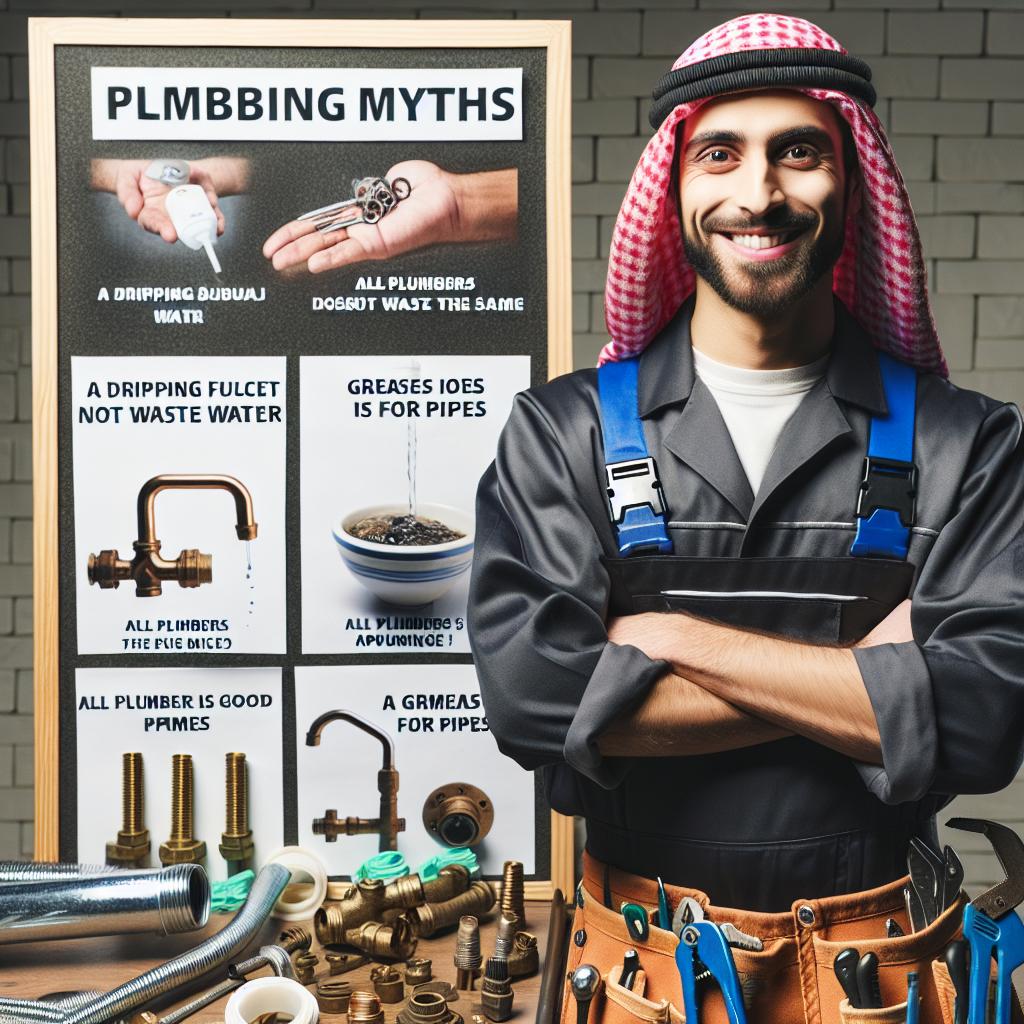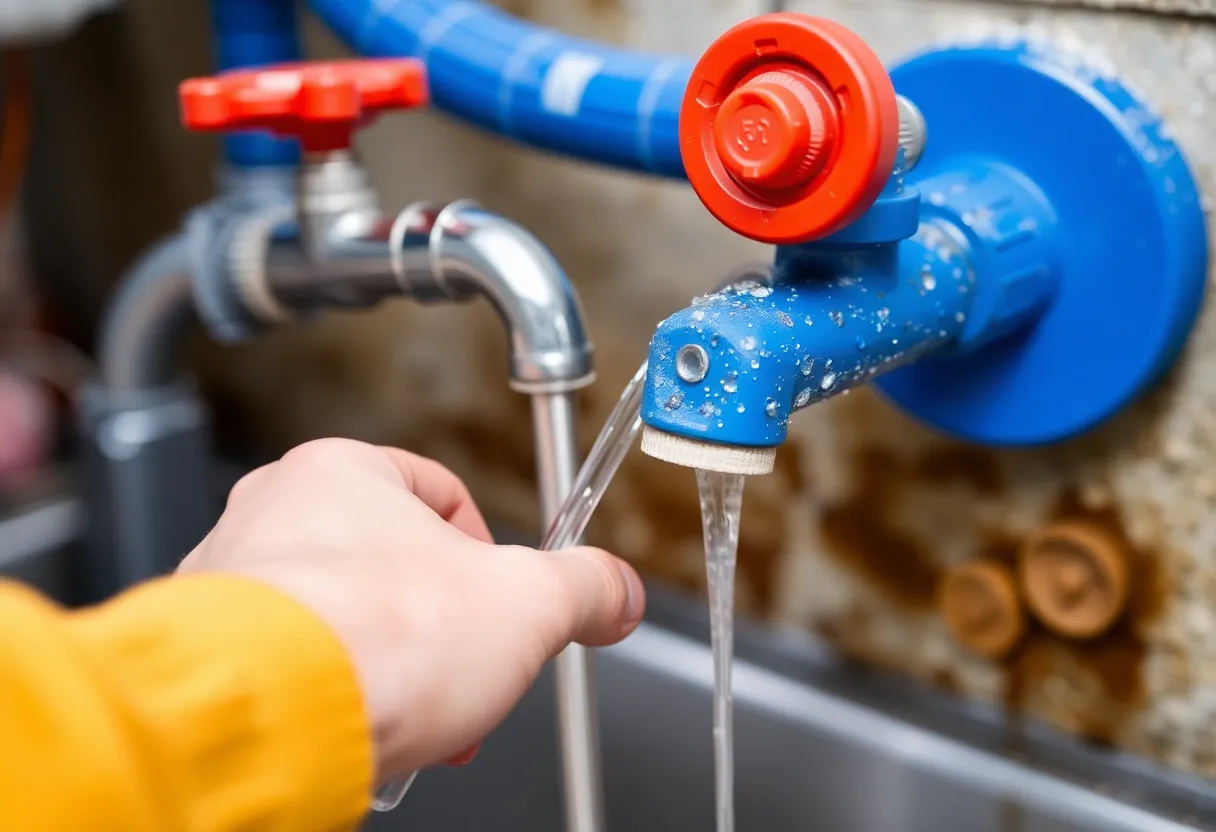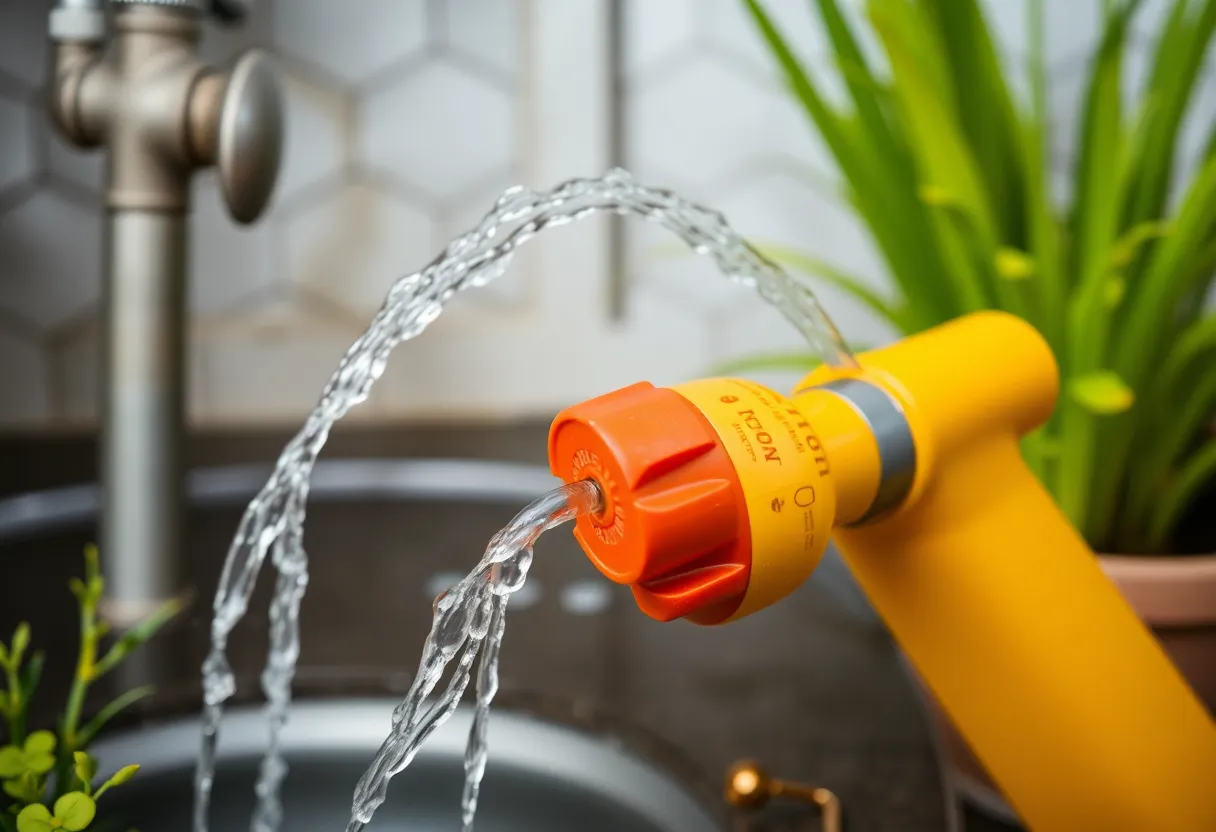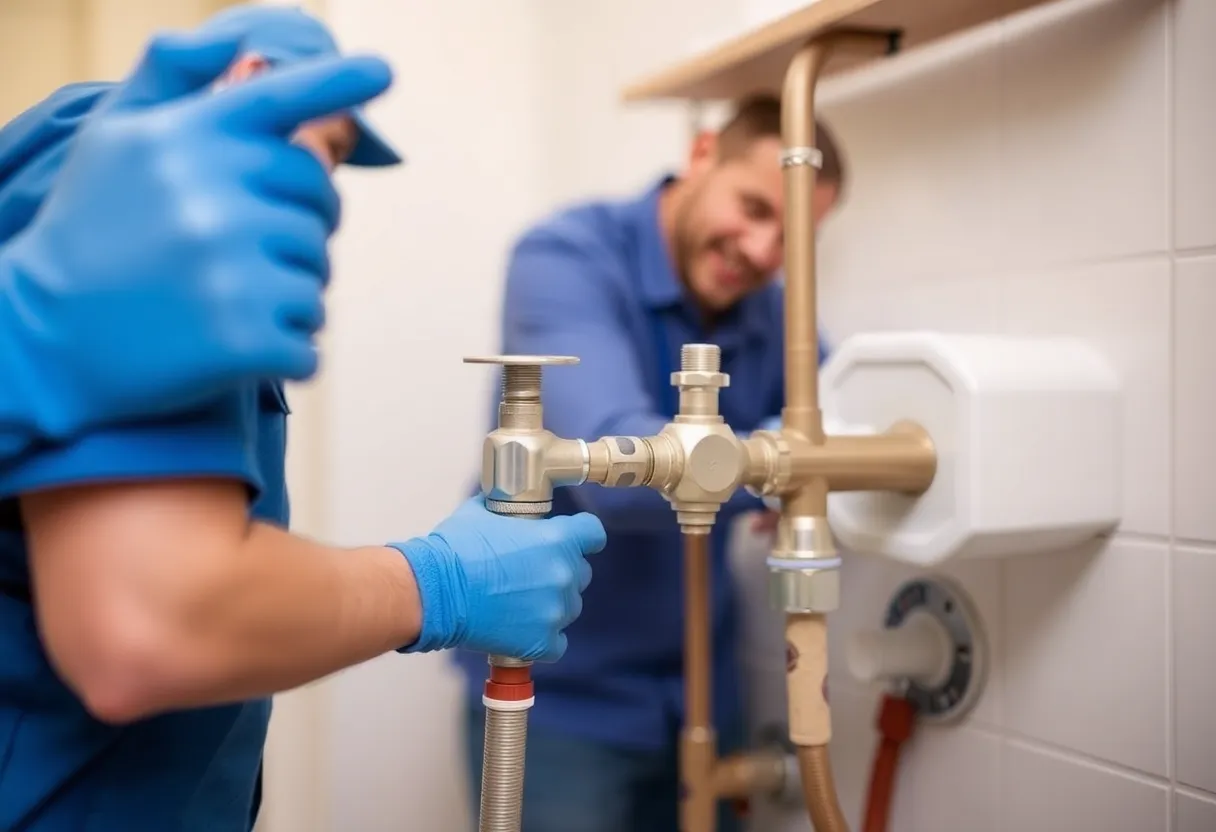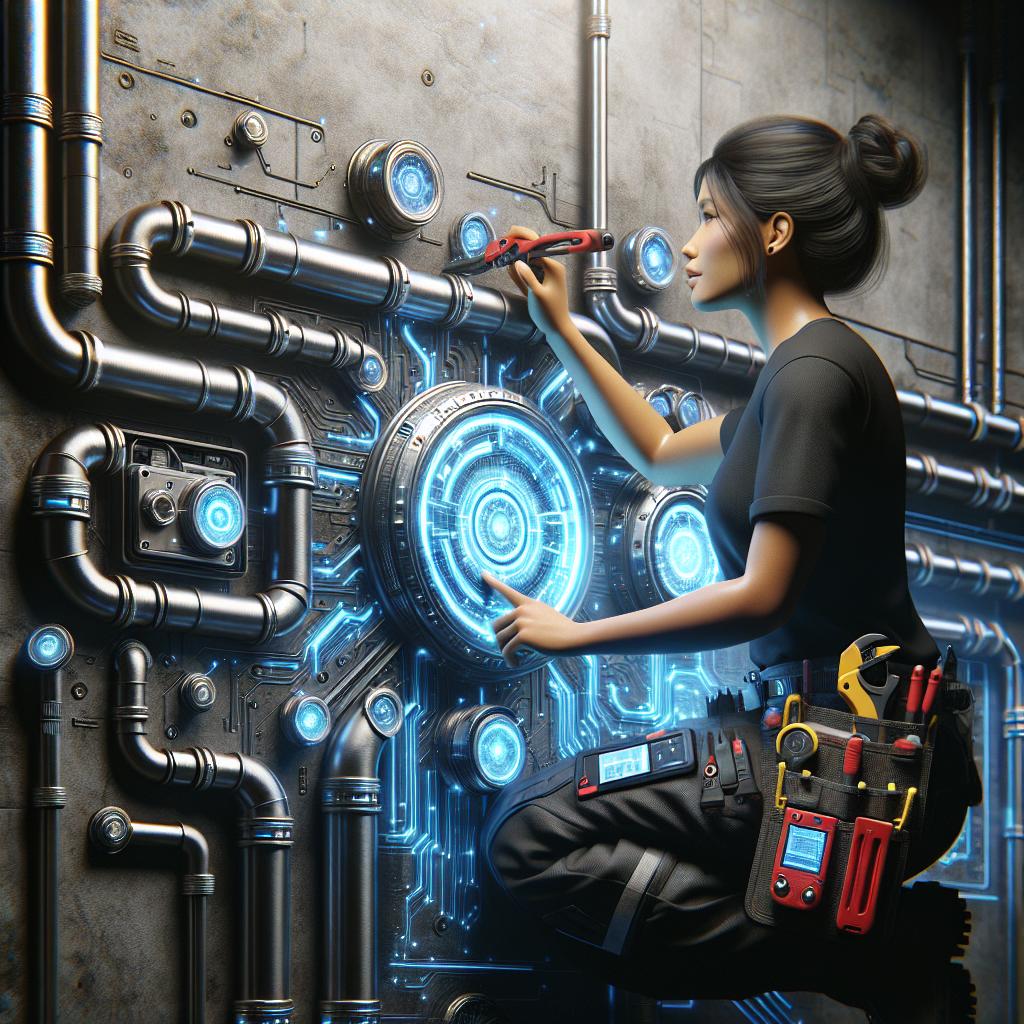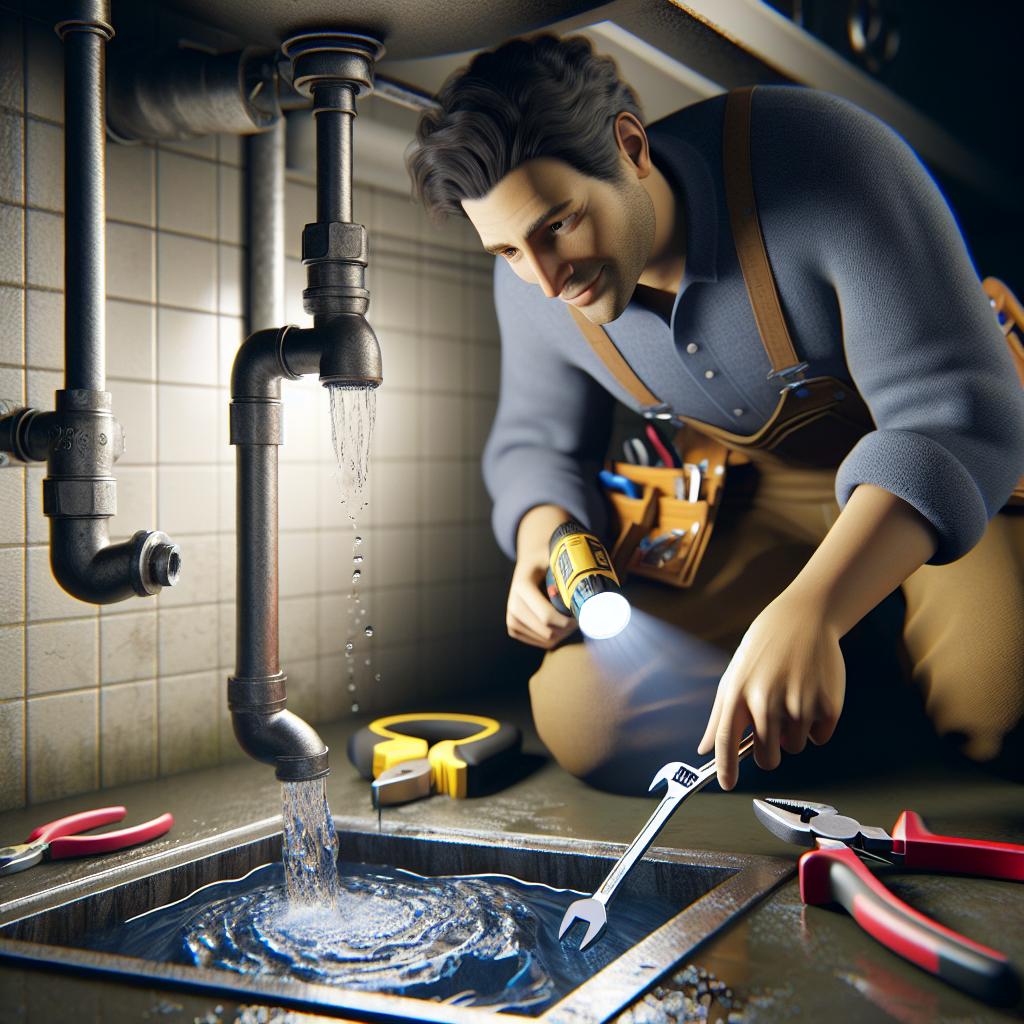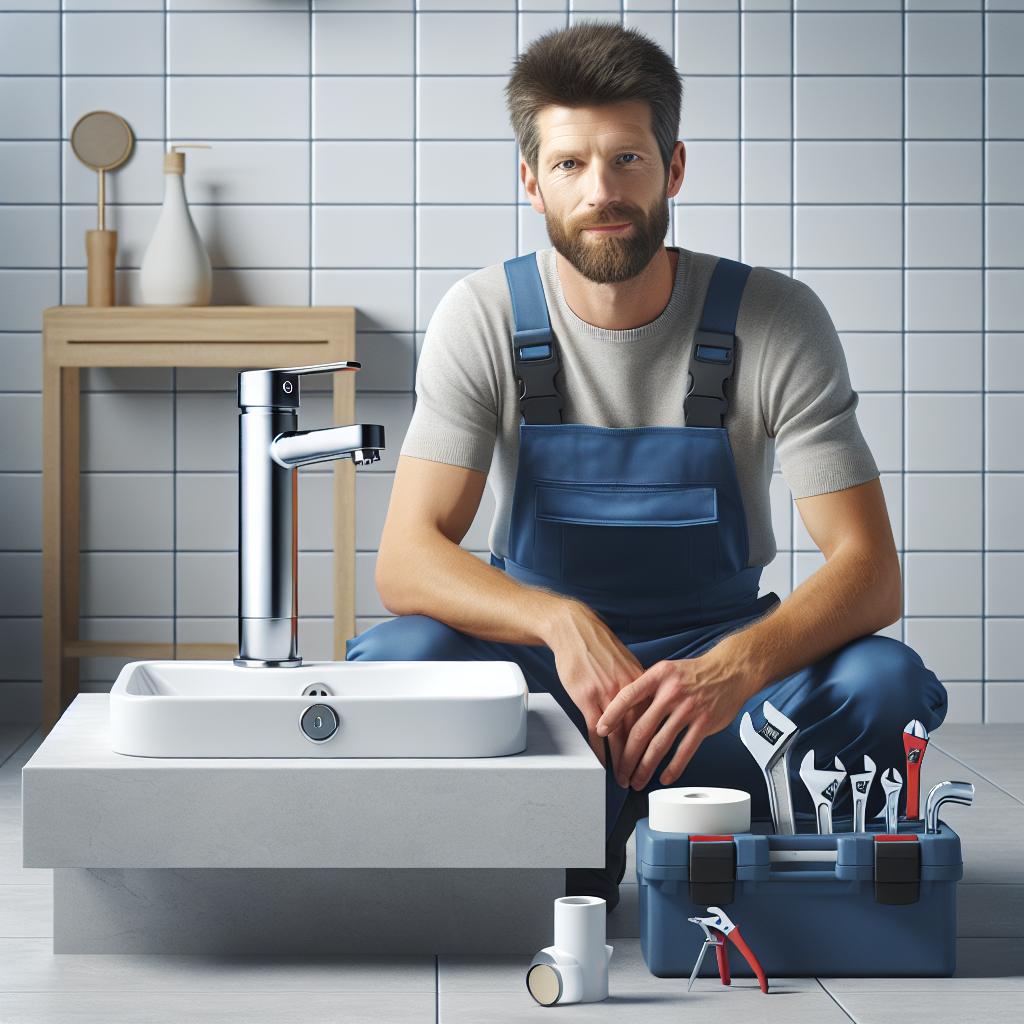Unblocking the Myths: Setting the Record Straight on Common Plumbing Misconceptions
In today’s information age, finding an answer to a question is simple. You type your query into a search engine and voilà. Instant answers. But with this information-rich era comes a high risk of misinformation, leading to the spread of misconceptions and myths. Plumbing is one such field that has its fair share of misinformation. In this article, we will debunk some of these common plumbing misconceptions that homeowners often encounter.
Myth 1: Lemons Clean Your Garbage Disposal
Many people believe that running a lemon rind through their garbage disposal cleans it and helps it smell fresh. In reality, whilst the lemon does leave a pleasant aroma, it doesn’t do an excellent job cleaning the disposal. The citric acid can corrode the metal components over time, degrading the overall functionality of the system.
Instead, use a mixture of warm water and mild soap for cleaning your garbage disposal. Remember to disconnect the power supply before cleaning to prevent accidents.
Myth 2: All Plumbing Repairs Can Be DIY Projects
With a plethora of information and guides available on the internet, homeowners may feel equipped to handle plumbing issues on their own. However, not all repairs are as simple as they seem. What might appear as a minor leak could be a symptom of a much greater underlying issue that a quick DIY fix won’t solve. In fact, it might lead to more extensive and expensive repairs down the line.
When faced with a plumbing problem, it’s always advisable to call in a licensed professional plumber. They are equipped with the necessary knowledge and skills, and can properly assess and address your plumbing issues, saving you money, time, and a lot of stress in the long run.
Myth 3: A Leaky Faucet Is No Big Deal
This is one of the most common plumbing misconceptions. A leaky faucet might seem insignificant, but it is quite the opposite. That small leak can waste up to 20 gallons of water per day, leading to a higher water bill and wastage of a valuable resource. Besides, ignoring a dripping faucet can lead to more substantial leaks over time, potentially causing water damage to your property.
If you notice a persistent drip in your faucet, it’s best to get it checked out and repaired by a professional promptly.
Myth 4: Flushable Wipes Are Safe for Plumbing
The packaging may claim that they are flushable, but this couldn’t be further from the truth. Your sewerage system is designed to handle two things efficiently: human waste and toilet paper. Anything other than these can cause serious problems, including blockages.
Despite the name, flushable wipes take considerably longer to break down compared to toilet paper, leading to potential blockages and sewer backups. Avoid throwing anything down the toilet that is not meant to be there.
Myth 5: High Water Pressure Is Excellent
Enjoying a shower with high water pressure might be delightful, but too much pressure in your pipes can cause severe damage. High water pressure can wear out your pipes and appliances prematurely, resulting in leaks or, worse, a total plumbing catastrophe.
If you suspect that your home’s water pressure is too high, consider hiring a professional plumber to install a pressure reducer. This can help you maintain optimal water pressure without risking damage to your plumbing system.
Conclusion
Ignorance isn’t always bliss, especially not when it comes to your home’s plumbing. Dispelling these common plumbing misconceptions can help you make informed decisions that will save you money, time and avert potential plumbing crises. Remember, when in doubt, it’s best to call a licensed plumber to tackle your plumbing issues head-on.




